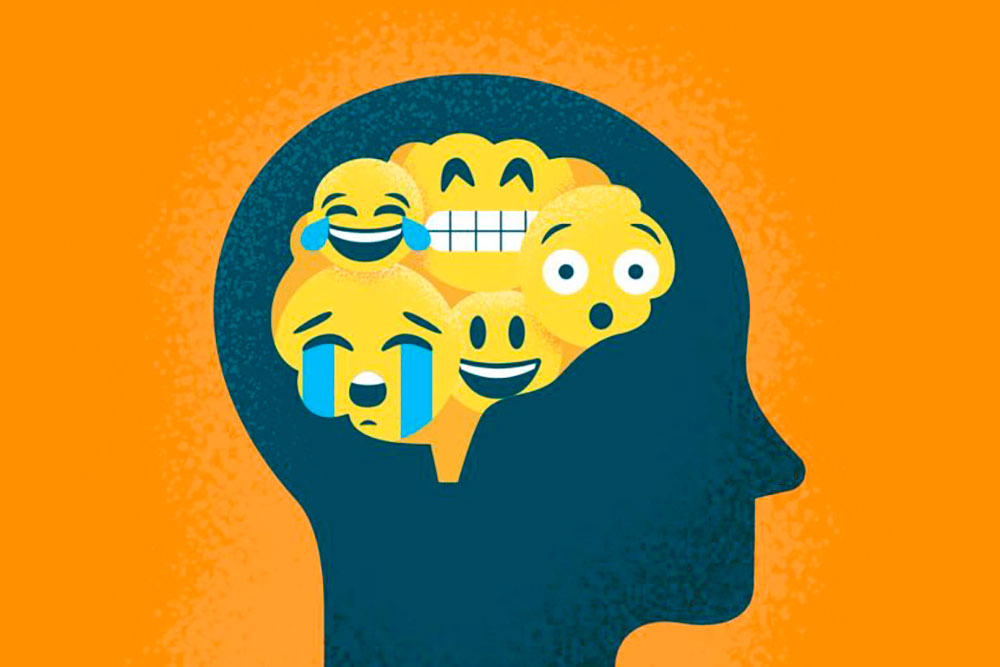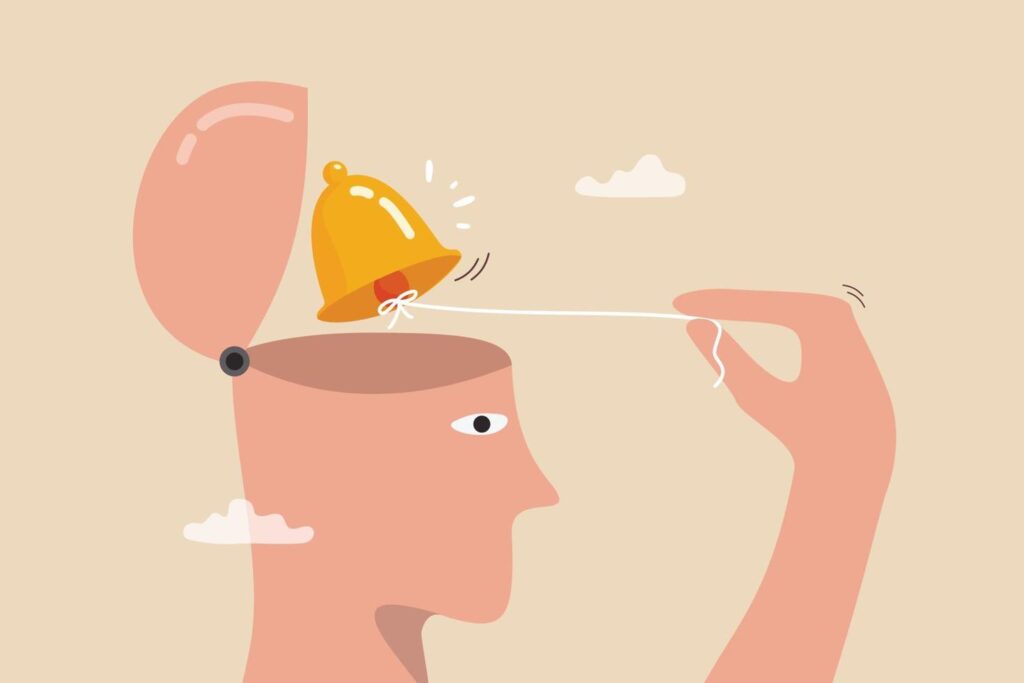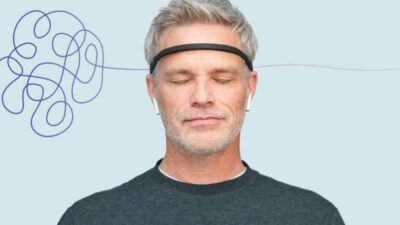
Emotional routines deeply influence our daily experiences and decisions, often steering our behavior without us even realizing it. Many people feel stuck in negative cycles that seem to control their lives, but there is hope. In this article, we share practical strategies based on modern psychological research to help you reclaim control over your emotions. By following these five essential steps, you will learn how to understand and reshape your emotional patterns, paving the way for a healthier and more resilient mindset. Get ready to transform your inner world and enjoy a richer quality of life as you master your emotional routines.
Understanding Emotional Routines
Emotional routines are the everyday patterns that shape our feelings. These routines are not random; they develop through repeated responses to similar situations. Understanding these patterns is crucial because it helps us recognize the automatic behaviors that often dictate our moods and decisions.
Research in psychology demonstrates that routines provide a necessary structure to our emotional lives. However, these patterns can also trap us in negative cycles that stunt personal growth. Identifying the impact of these routines is the first critical step in making positive changes. Experts recommend using cognitive behavioral techniques to break these cycles effectively.
By understanding emotional routines, you begin to see how past experiences, your environment, and habitual thought processes shape your emotional responses. This insight not only clarifies why certain emotions arise, but it also opens the door to embracing new, more empowering patterns. Awareness is the key to any meaningful transformation.
Step 1: Cultivating Self-Awareness
Cultivating self-awareness is the cornerstone of mastering your emotional routines. Being self-aware means recognizing your emotions and understanding the patterns behind your reactions. This practice involves acknowledging your feelings without judgment and exploring the connection between your emotions and your behavior.
To become more self-aware, start by observing your emotional responses throughout the day. Journaling is a great tool for this purpose; writing about moments of intense emotion reveals underlying patterns that guide your reactions. Regular reflection not only boosts mindfulness, but also builds emotional resilience.

Self-awareness enables you to notice even subtle shifts in your mood and behavior that might otherwise go unnoticed. When you detect these changes early, you are better positioned to manage your reactions. Being in tune with your inner self sets the stage for successful emotional management.
Practical Tips for Self-Awareness
Kickstart your day with a brief mindfulness meditation session. This simple practice grounds you and primes your mind for introspection. Even five minutes each morning can enhance your awareness of internal states.
Keep a daily log of your emotions. Write down instances when you feel particularly reactive along with the context. Over time, recurring patterns will become clear and this awareness will guide the way you manage your emotional routines.
Benefits of Increased Self-Awareness
A heightened sense of self-awareness allows you to anticipate your emotional responses, so you can prepare for and handle them with greater ease. This skill is especially valuable in high-pressure situations.
Increased self-awareness can also reduce impulsivity. Recognizing triggers early provides you the space to choose a more measured and thoughtful reaction, rather than an automatic one.
Step 2: Identifying Emotional Triggers
Identifying emotional triggers is a pivotal step towards mastering your routines. Triggers are stimuli—whether external or internal—that provoke specific emotional responses. Often, these triggers are linked to past experiences or unresolved issues that accumulate over time.
Understanding what sparks your emotional responses enables you to better manage and anticipate them. Whether the trigger is stress at work, relationship challenges, or recurring negative thoughts, pinpointing these catalysts is your first defense in reshaping your emotional landscape.
Many psychological studies highlight that awareness of emotional triggers is essential for breaking free from negative cycles. Taking the time to analyze these triggers equips you with the tools necessary to neutralize their impact.

Step 3: Developing Coping Strategies
After identifying your emotional triggers, the next essential step is developing effective coping strategies. These strategies are techniques and practices that help you manage your emotional responses in a healthy and constructive way. They act as the bridge between automatic reactivity and deliberate, thoughtful action.
Different situations call for different strategies. Some moments may benefit from deep breathing exercises, while others might require physical activity or a brief pause. Embracing a variety of techniques ensures you’re prepared to handle diverse circumstances and maintain emotional balance.
Experts in emotional psychology agree that flexibility in coping is vital. Having a range of tools at your disposal means you can reduce emotional stress in real time. Personalized coping strategies form a secure framework that supports long-term emotional stability.
Cognitive Behavioral Techniques
Cognitive Behavioral Therapy (CBT) provides practical methods for reframing negative thoughts and behaviors. By challenging and altering harmful thought patterns, you open up space for healthier responses.
Incorporate CBT techniques by identifying and disputing negative thoughts with rational alternatives. This proactive approach can significantly diminish the power of emotional triggers.
Physical and Creative Outlets
Physical activities such as exercise improve not only your physical well-being but also release endorphins that naturally uplift your mood. Regular exercise is a proven way to buffer against emotional stress.
Engaging in creative outlets—such as writing, drawing, or music—provides a safe channel for expressing emotions. These creative forms of expression often lead to unexpected insights and can relieve overwhelming feelings.
Step 4: Incorporating Mindfulness Practices

Mindfulness is a powerful tool for managing and mastering your emotional routines. It involves immersing yourself in the present moment, fully aware of both your surroundings and your feelings, without judgment. This practice has been proven to reduce stress and foster a more balanced state of mind.
Regular mindfulness exercises, such as meditation or yoga, help disrupt the cycle of automatic reactions. As you cultivate the habit of living in the moment, you begin to notice the subtle signs that precede strong emotional responses, allowing you to respond more mindfully.
Psychological research confirms that mindfulness can even alter brain structure, strengthening areas linked to emotion regulation. Embracing mindfulness is a proactive step toward inner peace and clear thinking. Mindful awareness empowers you to live fully in the moment and counter habitual reactions.
Daily Meditation Techniques
You don’t need long sessions of meditation—a few minutes each day can lead to significant improvements in emotional control. Begin with guided sessions that help you focus on your breathing and recent thoughts.
Gradually extend your practice by exploring silent meditation or techniques that involve scanning your body. These methods provide deeper insights into how emotional stress is stored and released in your body.
Integrating Mindfulness Into Daily Tasks
Mindfulness isn’t confined to meditation. Try incorporating mindful awareness into everyday activities such as eating, walking, or even washing dishes. This approach helps maintain a continual state of presence throughout your day.
By paying deliberate attention to routine actions, you train your mind to recognize and counter automatic responses. This steady practice cultivates a calm and centered mindset all day long.
Step 5: Continuous Self-Reflection and Adjustment

The journey to mastering your emotional routines doesn’t end once you have new strategies in place—it requires ongoing self-reflection and adjustments. Life is dynamic, and the techniques that work today might need fine-tuning tomorrow. Regular self-assessment keeps your emotional management adaptive and effective.
This process involves reviewing your progress, celebrating successes, and pinpointing areas for improvement. Frequent self-reflection helps you stay alert to shifts in your emotional patterns and ensures that your strategies remain robust.
Embracing feedback from personal experiences, professional advice, or supportive communities can further refine your approach. Regular monitoring and adjustment keep you on track toward your long-term emotional goals.
Establishing a Routine for Reflection
Dedicate a specific time each week to reflect on your emotional journey. Use this time to review your emotional diary, evaluate the effectiveness of your coping strategies, and plan necessary adjustments.
Consider maintaining a reflective journal where you note both challenges and achievements. This written record can help you track your progress and stay motivated over time.
Leveraging External Feedback
An outside perspective can be incredibly valuable. Talk with a trusted friend, therapist, or support group about your emotional patterns to gain objective insights.
Such conversations may reveal blind spots in your self-assessment, allowing you to make more informed and effective adjustments to your strategies.
Content Additional

Beyond these five essential steps, it is important to recognize that mastering your emotional routines is an ongoing journey enriched by continuous learning. Recent findings in psychology emphasize neuroplasticity—our brain’s ability to rewire itself—which underscores that long-term change is not only possible but scientifically supported.
Adopting healthy lifestyle habits such as getting enough sleep, maintaining balanced nutrition, and engaging in regular physical activity can significantly boost your emotional regulation. Quality sleep improves cognitive function and reduces stress, while balanced nutrition helps stabilize mood. Regular exercise releases endorphins that naturally uplift your emotional state.
Social support is another critical element in this journey. Whether through support groups, online communities, or close personal relationships, sharing experiences and insights can reinforce your progress and provide accountability.
The fast pace of modern life often introduces unexpected stressors. Staying informed about the latest psychological research and therapeutic techniques empowers you to make proactive decisions regarding your emotional health. Embracing ongoing education in emotional intelligence, resilience, and adaptive coping strategies is key to handling future challenges.
Mastering your emotional routines is a transformative journey that requires commitment, self-awareness, and ongoing reflection. By cultivating awareness, identifying triggers, developing coping mechanisms, practicing mindfulness, and continually reflecting and adjusting, you can enhance your emotional well-being significantly. Remember, progress takes time and every small step builds towards lasting change. Embrace these strategies with an open mind, and empower yourself to navigate life with clarity, resilience, and confidence.




